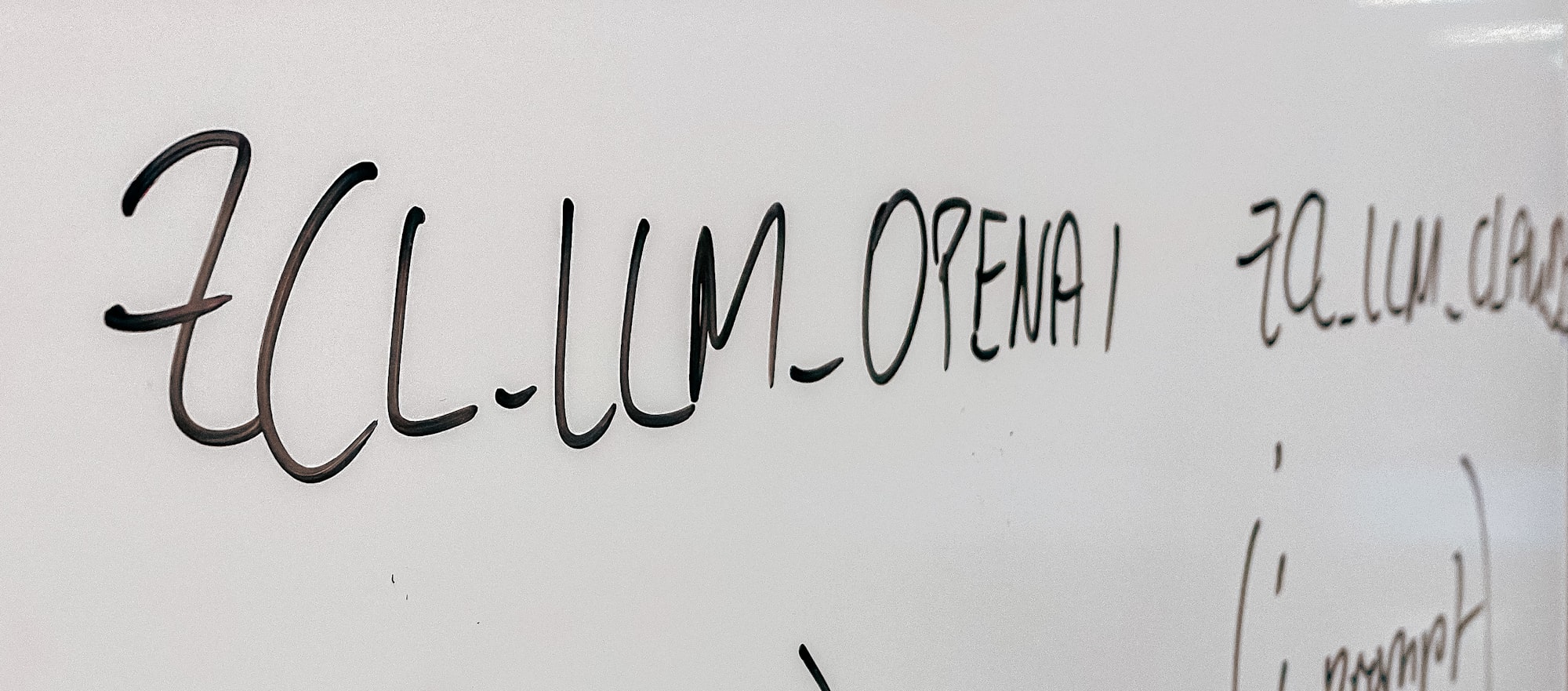
OpenAI Introduces Reinforcement Fine-Tuning for o4-mini Model
Fine-Tuning OpenAI o4-mini with Reinforcement Learning
OpenAI has introduced Reinforcement Fine-Tuning (RFT) for its o4-mini reasoning model, a powerful technique that leverages reinforcement learning principles to tailor foundation models for specialized tasks. This method allows developers to define custom objectives and reward functions, enabling fine-grained control over model behavior beyond traditional supervised fine-tuning.
What is Reinforcement Fine-Tuning (RFT)?
RFT applies reinforcement learning to language model fine-tuning. Instead of relying solely on labeled examples, developers provide a task-specific grader—a function that evaluates and scores model outputs based on custom criteria. The model is trained to optimize against this reward signal, gradually learning to generate responses that align with desired behavior. This approach is particularly useful for nuanced or subjective tasks where ground truth is difficult to define.
Why Use o4-mini for RFT?
OpenAI’s o4-mini is a compact reasoning model optimized for both text and image inputs. It excels in structured reasoning and chain-of-thought prompts, making it ideal for high-stakes, domain-specific tasks. RFT on o4-mini allows developers to precisely tune the model while maintaining computational efficiency and real-time performance.
Steps to Fine-Tune o4-mini with RFT
- Design a Grading Function: Define a Python function that evaluates model outputs based on task-specific criteria (e.g., correctness, format, or tone).
- Prepare a Dataset: Use a high-quality, diverse prompt dataset that reflects the target task.
- Launch a Training Job: Use OpenAI’s fine-tuning API or dashboard to start the RFT process with adjustable configurations.
- Evaluate and Iterate: Monitor reward progression, evaluate checkpoints, and refine the grading logic to maximize performance.
Applications of RFT on o4-mini
RFT has been successfully applied in various domains, including:
- Tax Analysis: Improved accuracy by 39% using rule-based grading.
- Medical Coding: Enhanced ICD-10 assignment performance by 12 points.
- Legal AI: Achieved a 20% improvement in citation extraction.
- Code Generation: Increased Stripe API snippet validity by 12%.
Access and Pricing
RFT is available to verified organizations. Training costs are billed at $100/hour, with a 50% discount for organizations that share their datasets for research purposes. Token usage for grader calls (e.g., GPT-4o) is charged separately at standard inference rates.
Conclusion
Reinforcement Fine-Tuning on o4-mini represents a significant advancement in model customization, enabling developers to fine-tune not just language but reasoning itself. By leveraging RFT, organizations can create highly specialized AI solutions that align with their unique requirements.
For more details, refer to OpenAI’s RFT documentation.
